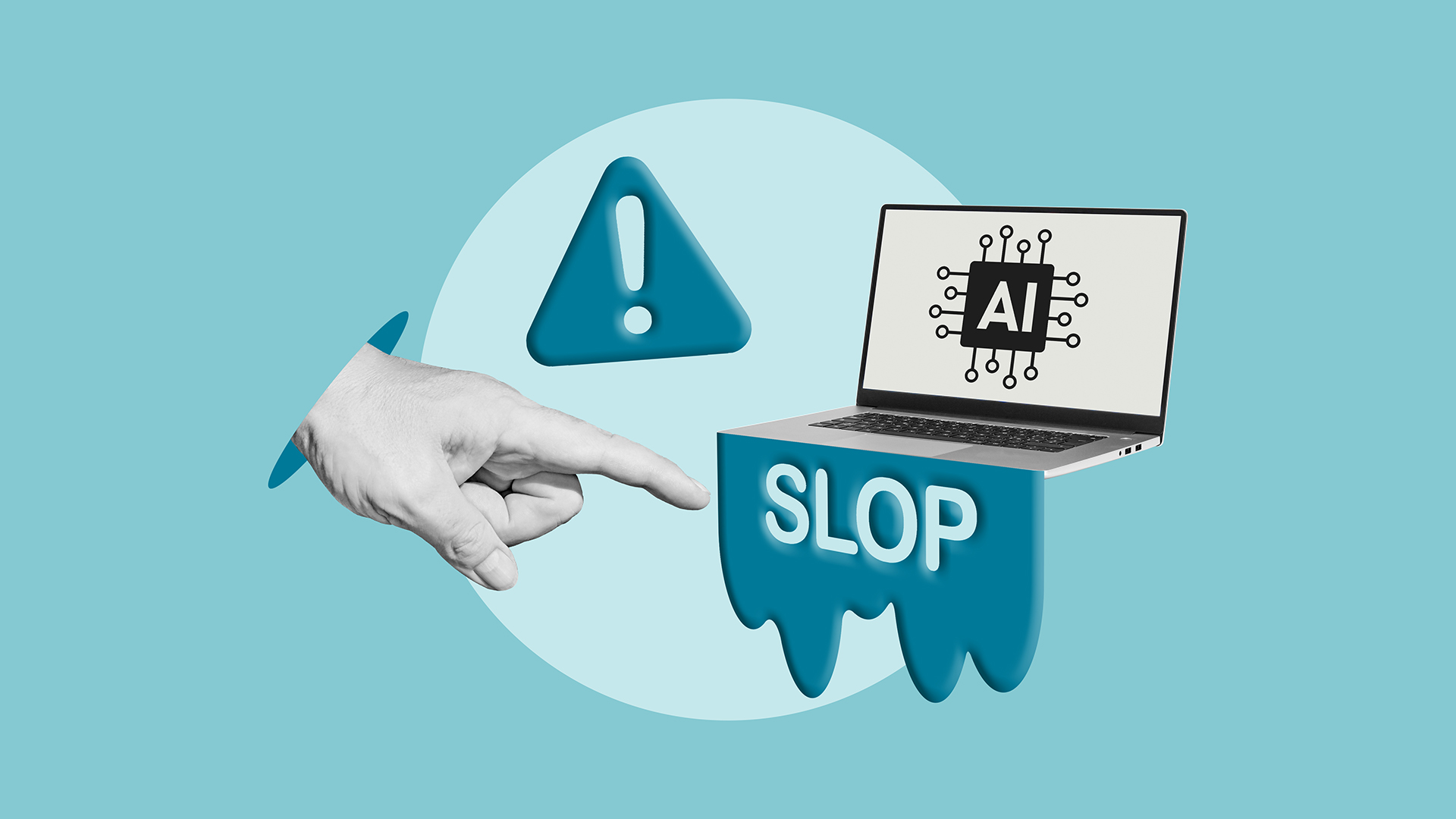Critical vulnerabilities in WordPress GDPR plugin let hackers seize control of websites
The flaws, present for at least four months, led attackers to change URL settings and add their own administrator accounts


Attackers have been exploiting a flaw in a GDPR-compliance plugin on WordPress to hijack vulnerable websites and implement remote code execution.
The privilege escalation flaw had been present in the 'GDPR Compliance' plugin developed by security provider Wordfence for at least four months, and allowed hackers to use an exploit to execute any action, and update any database value.
There are examples of live sites infected using this attack method, including instances of malicious actors installing several administrator accounts, according to WordPress threat analyst Mikey Veenstra.
"The reported vulnerabilities allow unauthenticated attackers to achieve privilege escalation, allowing them to further infect vulnerable sites," Veenstra said.
"Any sites making use of this plugin should make it an immediate priority to update to the latest version, or deactivate and remove it if updates are not possible."
The exploit resulted in malicious actors adding administrator accounts that are normally a variation on 't2trollherten' and 't3trollherten', as well as 'superuser', according to security blog Sucuri's Pedro Peixoto. The exploit has also been associated with uploading a malicious webshell, named wp-cache.php, to allow attackers unauthorised access to sites.
Peixoto added a growing number of WordPress-based sites had their URL settings changed to hxxp://erealitatea[.]net, with a Google query returning more than 5,000 results for the malicious URL.
Sign up today and you will receive a free copy of our Future Focus 2025 report - the leading guidance on AI, cybersecurity and other IT challenges as per 700+ senior executives
"The most important action to take is to patch the vulnerability," Peixoto said. "You should also disable user registrations and ensure that the default user role is not set to Administrator."
A patch with three security fixes was released last week in the form of version 1.4.3, but the bug existed for at least four months since version 1.4.2 was released in July, and possibly prior to that. Users who have not upgraded to the latest version are still vulnerable.
With the EU's General Data Protection Regulation (GDPR) demanding tougher data protection standards from all organisations, such a plugin would appeal to a broad range of WordPress users, with the tool boasting more than 100,000 active downloads.
It is marketed as allowing website owners to keep a consent log for supported plugins, and adding checkboxes to supported plugins to gain visitor consent. It also provides users with a means to comply with 'right to access' by encrypting audit logs, and 'right to be forgotten' by anonymising user data.

Keumars Afifi-Sabet is a writer and editor that specialises in public sector, cyber security, and cloud computing. He first joined ITPro as a staff writer in April 2018 and eventually became its Features Editor. Although a regular contributor to other tech sites in the past, these days you will find Keumars on LiveScience, where he runs its Technology section.
-
 AI is “forcing a fundamental shift” in data privacy and governance
AI is “forcing a fundamental shift” in data privacy and governanceNews Organizations are working to define and establish the governance structures they need to manage AI responsibly at scale – and budgets are going up
-
 Why AI 'workslop' is bad for business
Why AI 'workslop' is bad for businessIn-depth Poorly-generated AI content is having a financial impact on businesses, slowing productivity, and creating friction between employees
-
 Experts welcome EU-led alternative to MITRE's vulnerability tracking scheme
Experts welcome EU-led alternative to MITRE's vulnerability tracking schemeNews The EU-led framework will reduce reliance on US-based MITRE vulnerability reporting database
-
 Veeam patches Backup & Replication vulnerabilities, urges users to update
Veeam patches Backup & Replication vulnerabilities, urges users to updateNews The vulnerabilities affect Veeam Backup & Replication 13.0.1.180 and all earlier version 13 builds – but not previous versions.
-
 Two Fortinet vulnerabilities are being exploited in the wild – patch now
Two Fortinet vulnerabilities are being exploited in the wild – patch nowNews Arctic Wolf and Rapid7 said security teams should act immediately to mitigate the Fortinet vulnerabilities
-
 Everything you need to know about Google and Apple’s emergency zero-day patches
Everything you need to know about Google and Apple’s emergency zero-day patchesNews A serious zero-day bug was spotted in Chrome systems that impacts Apple users too, forcing both companies to issue emergency patches
-
 Security experts claim the CVE Program isn’t up to scratch anymore — inaccurate scores and lengthy delays mean the system needs updated
Security experts claim the CVE Program isn’t up to scratch anymore — inaccurate scores and lengthy delays mean the system needs updatedNews CVE data is vital in combating emerging threats, yet inaccurate ratings and lengthy wait times are placing enterprises at risk
-
 IBM AIX users urged to patch immediately as researchers sound alarm on critical flaws
IBM AIX users urged to patch immediately as researchers sound alarm on critical flawsNews Network administrators should patch the four IBM AIX flaws as soon as possible
-
 Critical Dell Storage Manager flaws could let hackers access sensitive data – patch now
Critical Dell Storage Manager flaws could let hackers access sensitive data – patch nowNews A trio of flaws in Dell Storage Manager has prompted a customer alert
-
 Flaw in Lenovo’s customer service AI chatbot could let hackers run malicious code, breach networks
Flaw in Lenovo’s customer service AI chatbot could let hackers run malicious code, breach networksNews Hackers abusing the Lenovo flaw could inject malicious code with just a single prompt